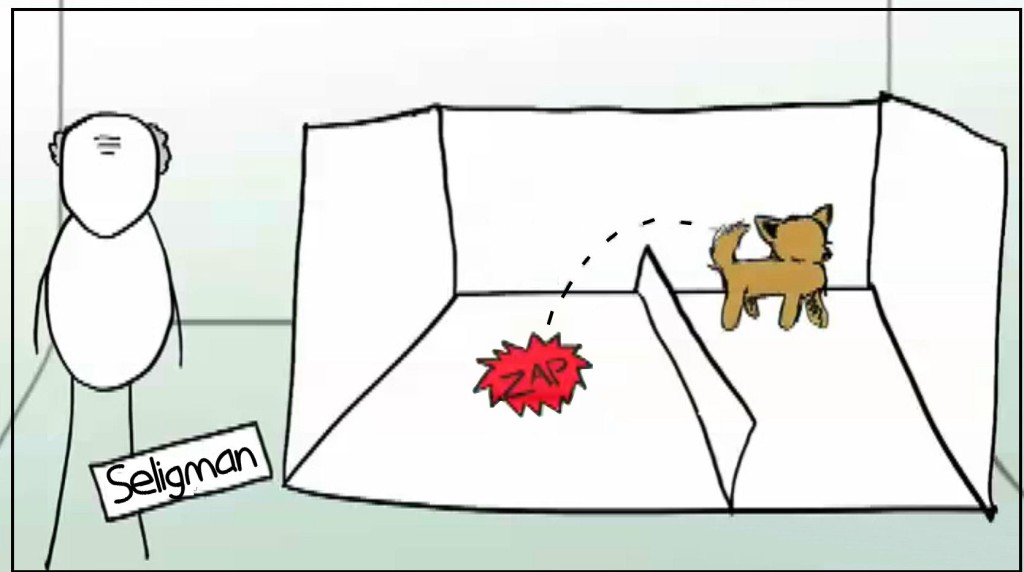|
I recently had a long talk about what I perceive to be the mental health community’s ongoing failure. They simply aren’t being very successful in terms of meaningful impact on the problem of depression from the evidence I’ve seen. I’m clearly not an expert in this field, but any reasonably educated person can read through research reviews and summaries and draw at least a few conclusions.
First, the economic burden of depression is increasing. I imagine at least some of that is from a profit motive as depression becomes ever more clinicalized. Second, suicide is the tenth leading cause of death in the US. Third, the rate of suicide has surged dramatically over the past 30 years, increasing by 24 percent overall since 1999. Fourth, the average age of onset for depression has decreased from 29.5 to between 14 and 15, while also seeing rates increase between 10 and 20 times in the same 30 year period. Fifth, these numbers for depression affect about seven percent of the total population in the US and people are 50 percent likely to relapse after the first episode. Sixth, depression affects 300 million globally and suicide is the second(!!) leading cause of death for ages 15-29. Seventh, these issues are largely considered the result of modernity. When I see depression and suicide going up, with higher economic burdens over time, and that relapse is very likely to happen, then I conclude the mental health community is largely ineffective at the moment. The direction these numbers are moving is not the direction we want. I don’t hold them responsible for this or think they aren’t doing their best. The numbers just suggest a certain, very specific, reality despite their efforts. I also recently wrote an article titled School Is Ruining Society. After talking about the above for over an hour with a colleague and reflecting on it even more post-dialog, it seems to me there is an argument to be made that connects the rates of depression cum suicide and the ideas discussed in my article on the failure of school. That connection is that school teachers learned helplessness and that results in many of the issues we are seeing today. What is learned helplessness? “Learned helplessness is the belief that our own behavior does not influence what happens next, that is, behavior does not control outcomes or results.” For a book length understanding, see Christopher Peterson’s book. Now think about school. Does any student’s behavior influence what happens next in a genuine way? Does their behavior control the outcomes and results that matter to them? Sure, if they study harder, they can learn their behavior partially controls their test results. That seems a limp victory though. Does their behavior give them any control over the actual subjects, topics, concepts, or skills they learn? Does their behavior control their schedule, room, seat, or surrounding peers? Do they have any control over the tests, scoring, rubrics? What about actual physical action? Do they control when they get to sit, stand, exercise, design or create projects? The answer to all of these questions seems obvious to me. Remember the average age of the onset of depression above - between 14 and 15? That is roughly when students start entering high school. It’s also the average, so some will experience the onset earlier in middle school. That is roughly the same time that students are likely becoming ever more conscious that their behavior has little impact on the outcomes and results important to them. Before that time, young children are often highly interested in receiving approval and praise from adults and so throughout much of elementary school a student’s behavior does have some direct impact on the outcomes meaningful to them. I don’t know if teaching and focusing on learned optimism, the opposite of learned helplessness, as "a" or "the" primary aim of schooling throughout the middle and high school years would fix all of these issues. Obviously our environments are made up of many factors beyond school. However, I suspect learned optimism is one of the primary mechanisms behind a variety of other interventions popular in education. Think about the ideas of “growth mindset”, “grit”, and “deliberate practice”. A growth mindset occurs when individuals believe their talents can be developed (through hard work, good strategies, and input from others). Grit is defined as the “tendency to pursue long-term challenging goals with perseverance and passion”. It is largely mediated by deliberate practice, which “involves stepping outside your comfort zone and trying activities beyond your current abilities. While repeating a skill you’ve already mastered might be satisfying, it’s not enough to help you get better. Moreover, simply wanting to improve isn’t enough — people also need well-defined goals and the help of a teacher who makes a plan for achieving them.” To the extent the above three ideas are absorbed by students, they learn that their behaviors affect outcomes - the opposite of learned helplessness. They are also all highly correlated with positive life outcomes or what we might generally call “success”. If teachers can flock to and adopt these ideas so readily, could we not also dive a little deeper and take notice when class activities may be leading down the wrong path of learned helplessness? I would argue most other learning in school is of secondary importance. Math ability or reading ability is of little importance if students also leave school depressed and suicidal. What’s happening now isn’t working. We can’t continue living in a society where our youth are learning their actions don’t matter and not prepare them with skills to affect change. Students deserve to both learn and know, deep in their bones, that their behavior and desired outcomes matter to us adults and that we can and will help them to actualize their interests and goals.
0 Comments
Leave a Reply. |
Archives
November 2017
|

 RSS Feed
RSS Feed